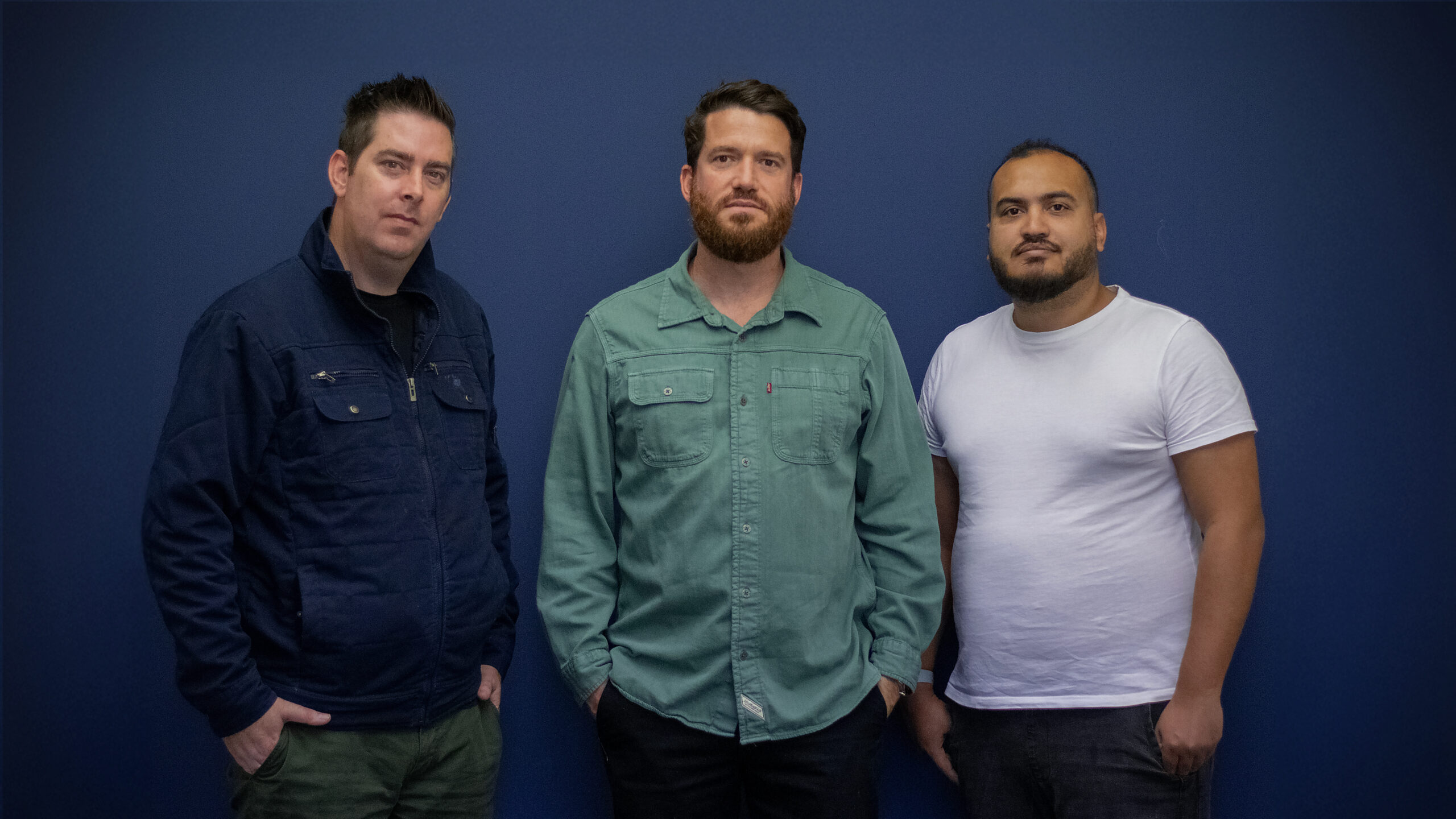

Beyond the hype, how ChatGPT is quietly transforming customer service and business efficiency
In today’s fast-paced digital economy, speed and relevance are currency, and businesses that can deliver both are winning. At the heart of this transformation is ChatGPT, the AI-driven conversational tool reshaping how companies engage customers, handle operations, and future-proof their growth strategies.
While the global buzz around ChatGPT focuses largely on its headline-grabbing capabilities, its real magic for businesses, particularly in emerging markets, lies in solving everyday problems with intelligence and speed.
From endless queues to instant responses
In markets like Nigeria, Kenya, and South Africa, where customer service bottlenecks often hurt small businesses, ChatGPT is quietly offering a lifeline.
Instead of customers waiting endlessly for service representatives to answer basic inquiries, businesses are deploying AI chatbots to handle common questions, from order statuses to payment confirmations, within seconds.
A fashion retail startup in Lagos, for instance, now uses a ChatGPT-powered chatbot to assist with frequently asked questions.
“Our customer wait time reduced by almost 60% in three months,” the founder shared. “It’s like having a tireless, always-on team member.”
Beyond customer support: automating the back office
But ChatGPT’s role isn’t limited to customer-facing functions. Internally, companies are using it to automate routine HR responses (e.g., leave policies, benefits queries), handle basic finance requests (e.g., invoice reprints, payment reminders), provide real-time data summaries from large reports and schedule appointments and manage follow-ups automatically. This automation frees up valuable human resources to focus on higher-impact tasks like strategy, product development, and creative growth.
Why ChatGPT matters for African SMEs
Access to affordable, scalable support has historically been a major barrier for African SMEs. Hiring full support teams is expensive; training is time-consuming. AI tools like ChatGPT lower that barrier significantly, offering even small businesses access to smart operations at a fraction of traditional costs.
Moreover, the technology is language-agnostic — adaptable to local dialects and conversational quirks — making it an even stronger fit for Africa’s diverse markets.
In an environment where one poor customer experience can mean the loss of valuable business, responsiveness is no longer a luxury — it’s survival.
A Word of Caution: it’s not a magic wand


Despite the excitement about the rave of ChatGPT for African businesses, founders must recognise that ChatGPT is only as good as its training and supervision. Poorly set-up chatbots can frustrate customers rather than delight them. Successful companies blend AI convenience with human empathy, ensuring that when conversations escalate beyond scripted responses, real people step in to provide the nuanced support customers deserve.
The bigger picture: building resilient, AI-enhanced businesses
Across Africa, a quiet transformation is underway. As startups, SMEs, and legacy enterprises race to digitise, the question is no longer whether technology will shape the future of business, it’s how deeply businesses are willing to collaborate with it. Artificial intelligence tools like ChatGPT aren’t the villains many fear them to be. They are enablers; catalysts for innovation, not replacements for human ingenuity. For African businesses, particularly startups and SMEs navigating fragile markets, AI offers a bridge to something powerful: speed, precision, and scale without losing the human touch that defines their brand.
ALSO READ — 2024: The year AI learns to paint, TVs grow huge, and quantum computers crack codes
The businesses that will thrive aren’t the ones that view technology as a threat. They are the ones that see it as a partner, using AI to deliver smarter services, respond faster to customers, streamline operations, and uncover new opportunities across borders. The future isn’t a binary choice between human and machine. It’s a fusion, human at scale, where technology amplifies, rather than erases, human creativity and insight.
In a continent where entrepreneurial energy is abundant but access to resources remains uneven, AI-driven solutions level the playing field. Whether it’s a small retail outlet using automation to manage inventory, a growing agritech startup using smart bots to connect farmers to market prices, or a fintech scaling customer support across languages and regions, the pattern is clear: adaptability is the new currency of growth.
As Africa’s business ecosystem continues to digitise, the companies that will lead tomorrow are already laying their foundations today. They are reimagining customer service, rethinking traditional processes, and embracing technology not as a replacement, but as a reinforcement.
At SMEPEAKS, we’re spotlighting the entrepreneurs, thinkers, and ventures building this future — one smart, resilient move at a time. Because the next wave of business success across Africa won’t just be automated — it will be deeply human, deeply local, and unmistakably global.
Do you have an innovative business (small, mid-scale business or startup) that adds value, creates opportunities or solves bold problems? Then you`ve got a story worth telling? Shoot us an email with SUBJECT “Story Worth Telling (+Name of Business)” to [email protected]




